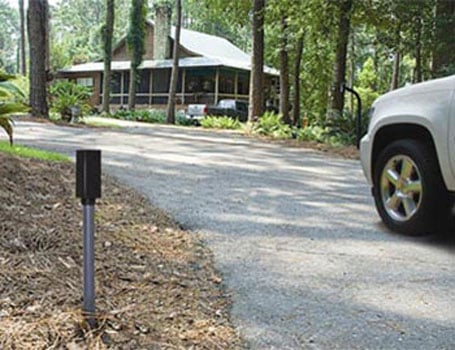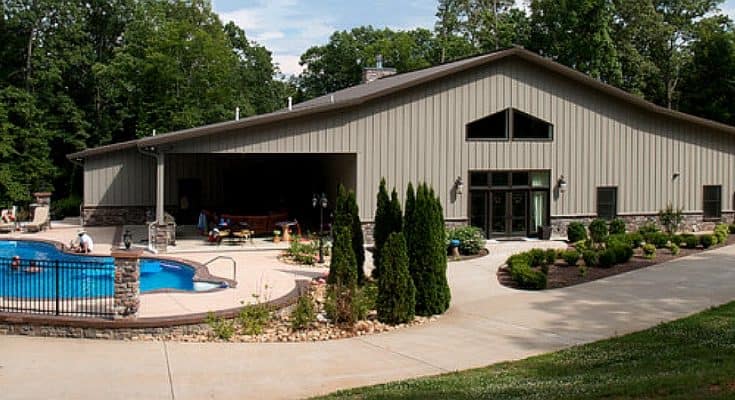When it comes to home security, driveway alarms play a crucial role in keeping your property safe and alerting you to any approaching vehicles or individuals. However, with a variety of options available in the market, choosing the right driveway alarm can be a challenging task. In this comprehensive buying guide, we’ll break down the essential factors to consider when selecting the perfect driveway alarm for your home.
Table of Contents
Understanding Driveway Alarm Types
Driveway alarms come in different types, each with its unique features and advantages. The most common types include wireless, wired, solar-powered, and infrared (motion sensor) driveway alarms. Before making a decision, it’s essential to understand the pros and cons of each type and consider which one suits your specific needs and preferences.
Range and Detection Area
The range and detection area of a driveway alarm are critical considerations. The range determines how far the sensor can transmit signals to the receiver in your home, while the detection area defines the coverage angle. Think about your driveway’s length and layout, and choose a driveway alarm with the appropriate range and detection area to ensure complete coverage.
Budget and Cost Considerations
Driveway alarms come in a wide price range, from budget-friendly options to high-end models with advanced features. Reputable stores, such as Absolute Automation, have a variety of different options with your requirements so you can be prepared to invest in a reliable driveway alarm that offers the features you need. Keep in mind that a good driveway alarm is a valuable addition to your home security setup.
Power Source and Maintenance
Different driveway alarms use various power sources, such as batteries, solar panels, or a connection to your home’s power supply. Consider the convenience and maintenance requirements of the power source. Solar-powered driveway alarms are environmentally friendly and cost-effective, while battery-powered ones are often easier to install. Choose a power source that aligns with your preferences and the climate in your area.
Installation and Setup
The ease of installation is another crucial factor to consider. Wireless driveway alarms are generally easier to install since they don’t require extensive wiring. However, wired systems can offer a more stable connection. Evaluate your DIY skills and the installation process to determine which type best suits your needs. Many driveway alarms come with detailed installation instructions to help you get started.
Alert Options
Driveway alarms provide alerts in various ways, including through sirens, chimes, lights, or smartphone notifications. Some advanced models even offer multiple alert methods. Consider which type of alert suits your needs and whether you want the ability to customize the alert sound or volume. Smartphone notifications can be especially convenient for remote monitoring.
Sensor Technology
Driveway alarms use different sensor technologies, such as passive infrared (PIR) sensors, magnetic probes, or pressure-sensitive mats. Each technology has its strengths and weaknesses. For instance, PIR sensors are excellent for detecting human and vehicle movement, while magnetic probes are better at detecting vehicles. Choose a sensor technology that aligns with your specific security needs.
Weather Resistance
The durability and weather resistance of a driveway alarm are crucial, especially if you live in an area with extreme weather conditions. Look for models that are built to withstand rain, snow, and temperature fluctuations. A weather-resistant driveway alarm will provide reliable performance year-round.
Security and Privacy
Consider the security of your driveway alarm system. Some models may be vulnerable to interference or tampering, so it’s essential to choose a system with robust security features. Additionally, ensure that the system is designed to protect your privacy, and the transmitted signals are secure and encrypted.
Choosing the right driveway alarm for your home involves considering factors such as the type of alarm, range, power source, installation, alert options, sensor technology, weather resistance, security and privacy, and budget. By carefully evaluating these factors, you can select a driveway alarm that suits your specific needs and provides a valuable layer of security for your property.











